
Professor David Demeritt FAcSS
Professor of Geography
Research interests
- Geography
Biography
Professor David Demeritt is an elected fellow of the Academy of Social Sciences and Professor of Geography, best known for his ability to bridge the discipline’s human-physical divide. He has extensive practical experience of senior university management, incubating and leading multidisciplinary environmental research projects, and successfully collaborating with partners in government, non-governmental organisations and industry.
An American expat, he completed degrees in history (BA) and Quaternary Science (MSc) from the University of Maine before moving into Geography and completing his PhD at the University of British Columbia. After completing a postdoctoral position on climate change policy with Environment Canada, he took up a geography lectureship at Bristol University and later joined King's in 1999.
David is a member of the Peer Review Colleges for both the Natural Environment Research Council (NERC) and the Economic and Social Research Council (ESRC). He served a previous term on the NERC's Peer Review College (2007-10) and on the ESRC Grants Assessment Panel (2010-15). He also serves on the Steering Group for the UK Government's Natural Hazards Partnership and the Theme Advisory Group for the Department for Environment, Food and Rural Affairs (DEFRA)/Environment Agency Flood & Coastal Erosion Risk Management Research and Development programme.
Within King’s, he has served as Head of Graduate Studies in the Faculty of Social Sciences & Public Policy, and as the Principle Investigator and first Director of the King's Interdisciplinary Social Science (KISS) Doctoral Training Centre.
Research
- Environmental politics and policy, especially the construction and management of environmental risks
- Risk communication, regulation and governance, especially of natural hazards like flooding and climate change
- Science studies and social theory, especially the philosophy of science and understandings of risk and science
Technical expertise in the natural sciences makes David relatively unique amongst human geographers and enables him to bridge the gulf in the discipline between human and physical approaches to the environment. A unifying theme in his research and teaching is his expertise in nature-society, including the articulation of environmental knowledge, especially scientific and technical ones, with power and the policy process.
He is one of the co-directors of the recently awarded Leverhulme Centre for Wildfires, Environment and Society, and has previously been Principle Investigator or Co-Investigator on some 30 research grants from the UK Research Councils, European Union, leading charities and UK Government Departments worth more than £3 million.
Recent projects include:
- Can big data improve healthcare quality regulation? An international comparative analysis
- Antimicrobial resistance in Colombia's livestock revolution
- Susceptibility of catchments to INTense RAinfall and flooding (SINATRA)
- How states account for failure in Europe: risk and the limits of governance (HowSAFE)
Teaching
Undergraduate
- 6SSG3058 Environmental Risk, Governance and Society
- 4SSG1016 Geography in Action
Postgraduate
- 7SSG/5002 Practicing Social Research
- 7SSG5165 Environmental Science and Policymaking
PhD supervision
David has successfully supervised 20+ PhD students working on topics ranging from environmental regulation to science policy. In particular, work in the following areas would fit well with his current research commitments:
- Risk regulation and governance
- Flood risk and its management
- Wildfire and land use/land use cover change, particularly at the wildland-urban interface
Prospective students interested in working in these areas should contact him directly by sending a CV and the precis of a research proposal.
Further details
Research
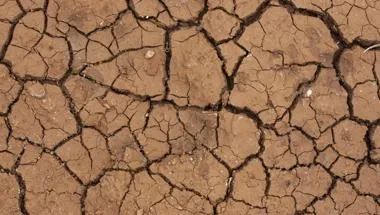
Risk, Climate & Society research group
Advancing understanding of risk and perception, as well as communication and regulation in a range of environmental, social and country contexts.
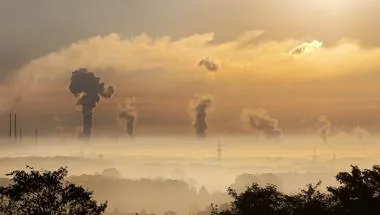
Centre for Integrated Research in Risk & Resilience
Bringing together research disciplines to shape a critical perspective on resilience and its application as a concept.

King's Water Centre
Researching water, environment and development. Our centre spans the humanities, social, and physical sciences to explore the challenges of water governance from global to local scales.
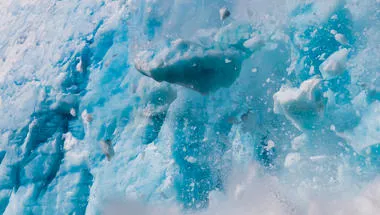
King's Climate Research Hub
Studying climate change through the relationship between science, policy and culture.
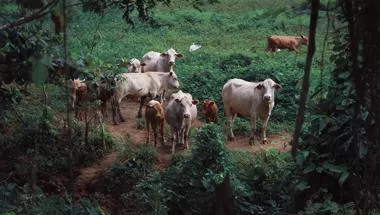
Antimicrobial Resistance in Colombia's Livestock Revolution
Investigating animal husbandry, prescribing practices and the control of veterinary medicines and antimicrobial resistance (AMR).
Project status: Completed

SINATRA: Susceptibility of catchments to INTense RAinfall and flooding
Advancing scientific understanding of the drivers, thresholds, and impacts of flooding from intense rainfall in Britain.
Project status: Completed

How States Account For Failure in Europe (HOWSAFE)
Exploring the institutional factors driving, shaping and constraining the application of risk-based approaches to governance across Europe.
Project status: Completed

Can big data improve healthcare quality regulation? An international comparative analysis
Comparing international practice in how 'big data' indicators are used to monitor and regulate the quality of healthcare in hospitals.
Project status: Ongoing
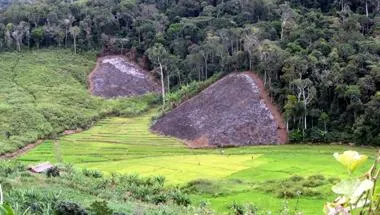
Political Ecology, Biodiversity & Ecosystem Services
The Political Ecology, Biodiversity & Ecosystem Services (PEBES) group provides a collaborative focus for work on the social (re)production of nature, environmental conservation and resource management.

Climate & sustainability researchers at King’s
King's researchers working across climate and sustainability
News
Wildfires becoming harder to control
Professor Demeritt spoke with the BBC Radio4 Today programme about how heavy forestation and fuel built up from previous fires, as well as difficult terrain,...
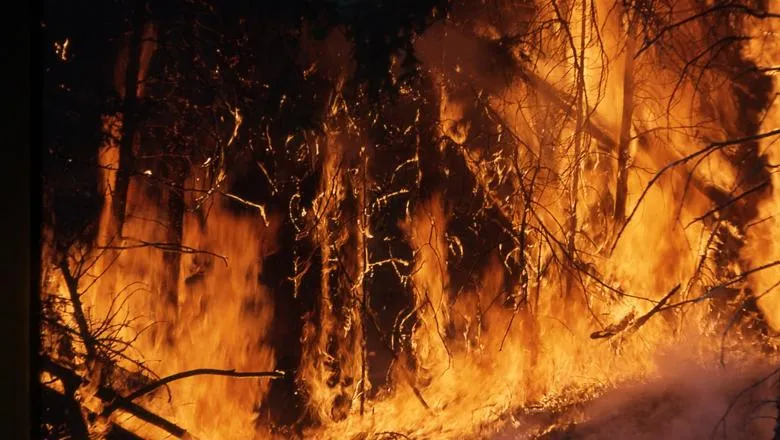
£10 million centre for wildfire research launched
The Leverhulme Centre for Wildfires, Environment and Society has officially launched – the first in the world to address wildfire challenges from a global...
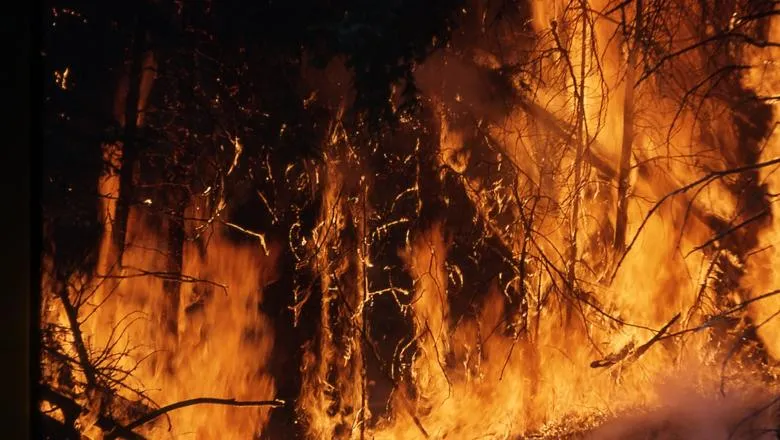
Features
Understanding and living with fire on our planet
King’s is part of a new research centre that aims to improve our knowledge of fire on our planet.

Spotlight
Improving the way big data is used to identify failing hospitals
Researchers use big data to better support hospitals showing a declining quality of care – and ultimately improve their quality and safety.
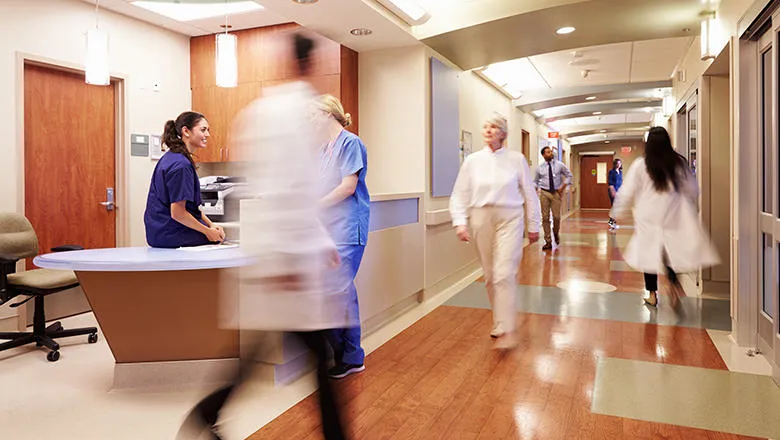
Research

Risk, Climate & Society research group
Advancing understanding of risk and perception, as well as communication and regulation in a range of environmental, social and country contexts.

Centre for Integrated Research in Risk & Resilience
Bringing together research disciplines to shape a critical perspective on resilience and its application as a concept.

King's Water Centre
Researching water, environment and development. Our centre spans the humanities, social, and physical sciences to explore the challenges of water governance from global to local scales.

King's Climate Research Hub
Studying climate change through the relationship between science, policy and culture.

Antimicrobial Resistance in Colombia's Livestock Revolution
Investigating animal husbandry, prescribing practices and the control of veterinary medicines and antimicrobial resistance (AMR).
Project status: Completed

SINATRA: Susceptibility of catchments to INTense RAinfall and flooding
Advancing scientific understanding of the drivers, thresholds, and impacts of flooding from intense rainfall in Britain.
Project status: Completed

How States Account For Failure in Europe (HOWSAFE)
Exploring the institutional factors driving, shaping and constraining the application of risk-based approaches to governance across Europe.
Project status: Completed

Can big data improve healthcare quality regulation? An international comparative analysis
Comparing international practice in how 'big data' indicators are used to monitor and regulate the quality of healthcare in hospitals.
Project status: Ongoing

Political Ecology, Biodiversity & Ecosystem Services
The Political Ecology, Biodiversity & Ecosystem Services (PEBES) group provides a collaborative focus for work on the social (re)production of nature, environmental conservation and resource management.

Climate & sustainability researchers at King’s
King's researchers working across climate and sustainability
News
Wildfires becoming harder to control
Professor Demeritt spoke with the BBC Radio4 Today programme about how heavy forestation and fuel built up from previous fires, as well as difficult terrain,...

£10 million centre for wildfire research launched
The Leverhulme Centre for Wildfires, Environment and Society has officially launched – the first in the world to address wildfire challenges from a global...

Features
Understanding and living with fire on our planet
King’s is part of a new research centre that aims to improve our knowledge of fire on our planet.

Spotlight
Improving the way big data is used to identify failing hospitals
Researchers use big data to better support hospitals showing a declining quality of care – and ultimately improve their quality and safety.

